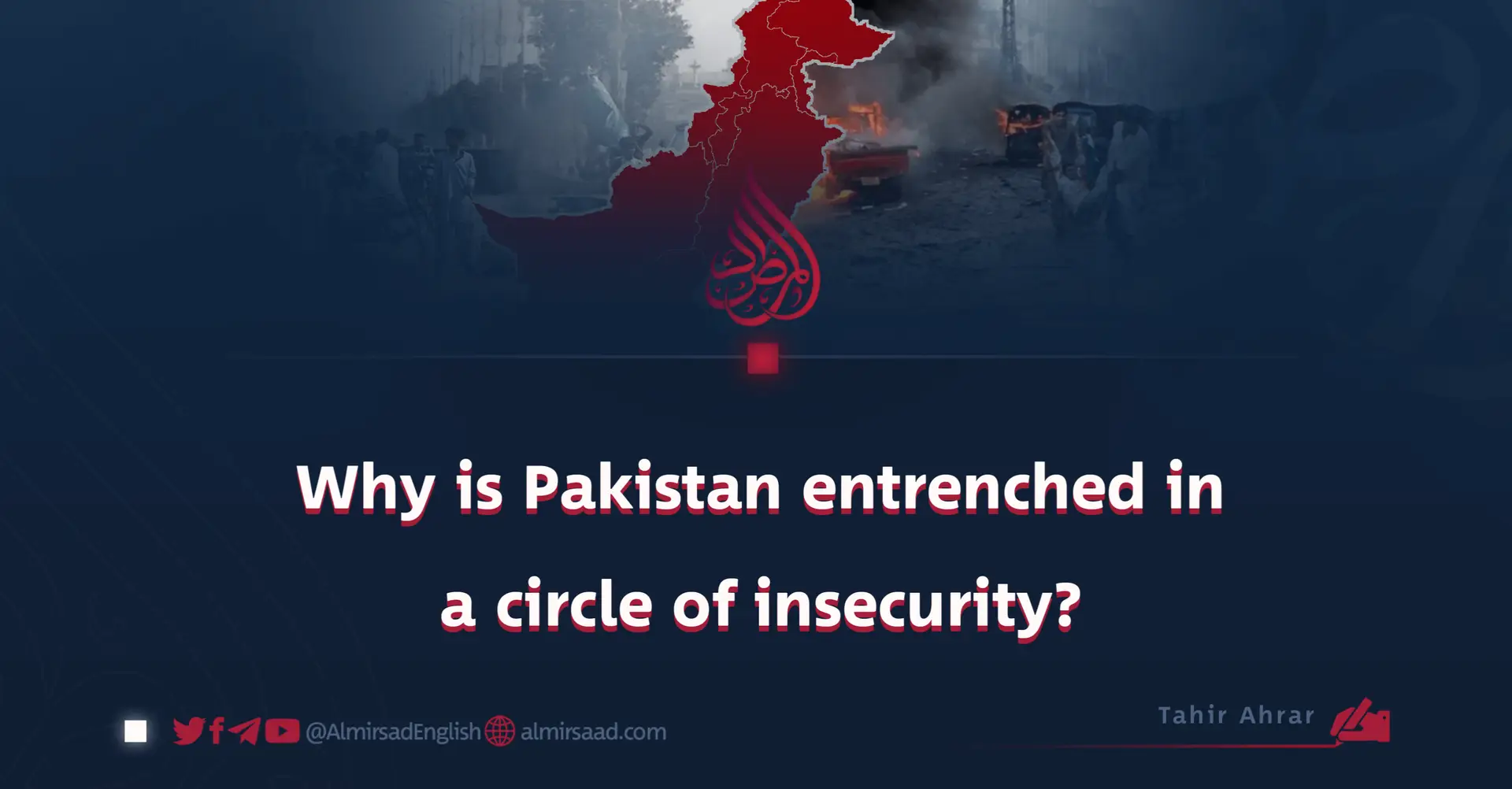Tahir Ahrar
It is often stated: “He who digs a pit for his brother falls into it.”
From the day of its appearance on the world map, Pakistan has witnessed its interests and benefits being pursued at the expense of others.
When examining the political landscape of Pakistan, it becomes apparent that the nation lacks amicable relations with its four neighboring countries. This is largely attributed to Pakistan’s tendency to engage in duplicitous and insincere diplomatic practices rather than fostering genuine friendships. Through its history, Pakistan has often been accused of employing two-faced political strategies in its interactions with each of its neighboring nations. This behavior has ultimately strained diplomatic ties and hindered the establishment of strong, mutually beneficial relationships.
Instead of fostering genuine friendships, Pakistan has engaged in hypocritical and duplicitous politics with each country.
Pakistan, which originated from India, has been engaged in conflict with India since the partition. However, it is widely understood that the nature of this conflict is not religious. It is not a war between Muslims and Hindus or Sikhs. Rather, this conflict stems from Pakistan’s duplicitous politics, lack of respect for good neighborly relations, and interference in the affairs of others.
Consider Bengal: The history reveals the brutal actions of the Pakistan army in Bengal, committing numerous atrocities and massacres. Ultimately, in the face of popular uprising, thousands of Pakistani troops surrendered. Presently, Bengal and Pakistan maintain strained relations.
Turning to Iran, another neighbor of Pakistan, the relationship has been characterized by border tensions and frequent political disagreements. It has consistently fortified its borders as a formidable adversary. Recent missile exchanges between the two countries underscore the strained ties, with Iran expressing concerns about Pakistan’s hypocritical policies and interference in its affairs.
China, which is another neighbor of Pakistan, knows how to handle its adversaries.
China, upon sensing the presence of a perceived traitor in its vicinity, strategically dismantled Pakistan’s economic infrastructure and is gradually moving towards asserting control over the sovereignty of this nation.
Afghanistan, which is another neighboring country of Pakistan, has faced various conspiracies orchestrated by Pakistan since its inception. Pakistan has consistently fueled the flames of war within Afghanistan. Even the ancient rulers of Afghanistan recognized Pakistan’s duplicitous policy towards their country; nevertheless, they failed to take appropriate action.
Following the re-establishment of the Islamic Emirate of Afghanistan, Pakistan has once again engaged in conspiracies instead of extending the hand of brotherhood to Afghanistan.
Moreover, amidst these challenges, Pakistan has systematically infringed upon the rights of the Pashtun people residing in Khyber Pakhtunkhwa. These individuals endure severe oppression and are marginalized within Pakistan, not only being denied their nationality, but also their religious identity. The fundamental rights of the Pashtun people are unjustly consumed by Punjab.
Numerous Baloch individuals in Pakistan, advocating for their rights, have disappeared without any information provided to their families regarding their whereabouts or well-being.
The conflicts between Sunni and Shia factions, as well as the Qadiani sedition and other divisions, are outcomes of Pakistan’s intelligence operations.
Pashtun and Baloch individuals in Pakistan are advocating for their rights. However, Pakistan erroneously asserts that these acts of aggression are being orchestrated within Afghanistan. Rather than attributing these attacks to Afghanistan, Pakistan should consider revising its ineffective internal and external policies.

















































